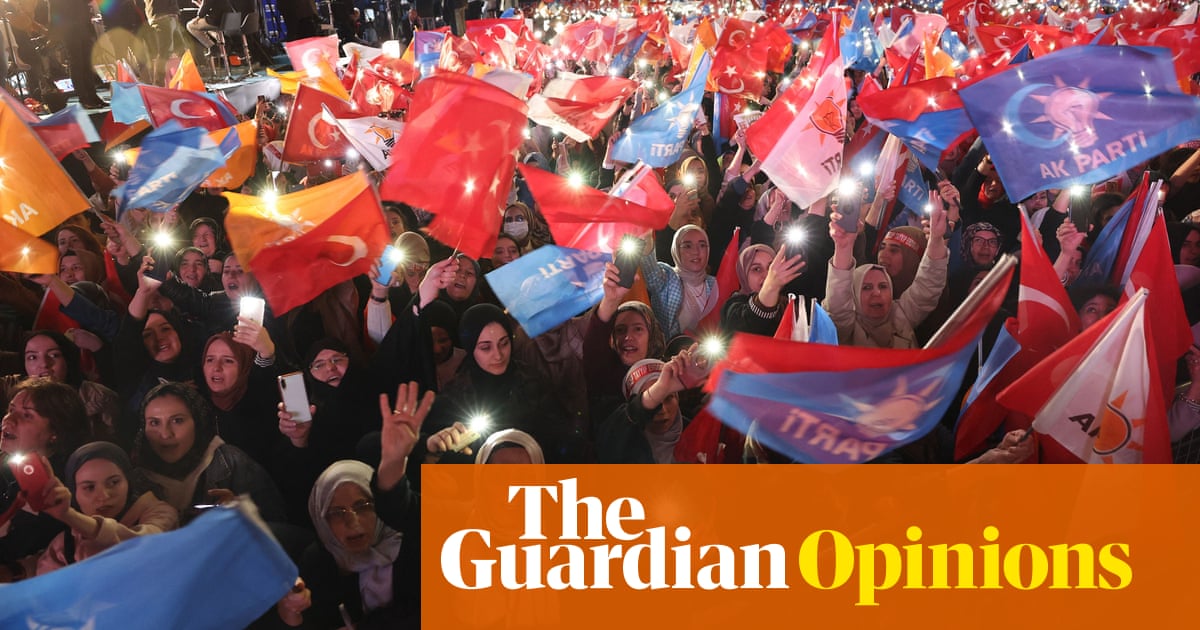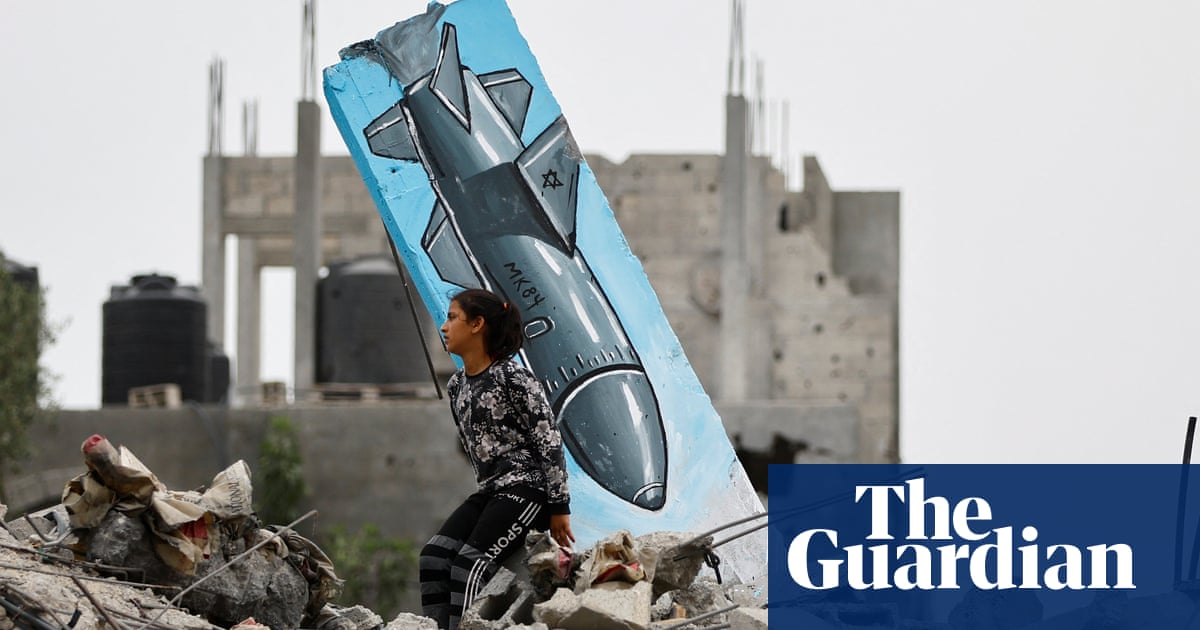
t would be reassuring to think that if Russia moved to intervene militarily in Belarus – as it did in Ukraine and Georgia – the EU, the US and Nato would finally draw a line. Vladimir Putin would be firmly told: “Not again. Enough of your overt aggression, covert operations, ‘little green men’, cyber attacks, poll meddling and assassinations. If you really want a new cold war with the west, then we’re ready – and just like last time, Russia will lose.”
Reassuring, but unrealistic. As last week’s EU response to the popular uprising in Belarus made clear, a primary concern of Europe’s leaders is to avoid antagonising Russia’s president. True, they told Putin not to interfere. But in return, they promised not to interfere themselves. “The EU stands in solidarity with the people of Belarus,” they said. Solidarity turned out to mean limited sanctions and backing for a “national dialogue” already rejected by the regime.
For courageous protesters in Minsk seeking an end to dictatorship, Europe’s caution must surely be a great disappointment. It is often said that most Belarusians are content to stick close to Russia. This proposition warrants closer examination. A 2019 survey found 89% of respondents have a positive or neutral opinion of the EU. Trust levels are high. This month’s stolen election was not a vote to join Europe. But it was a vote for Europe’s values.
European pressure aside, Putin has good reasons to hold back, not least the calculation, now apparently vindicated, that a weakened and thus more pliable Alexander Lukashenko would hold on as president. Predictions that Belarusian “people power” could inspire copycat upheavals in Russia before next month’s regional polls also seem over-cooked. It’s beginning to look like another Kremlin win – and another defeat for the forces of democratic reform.
Perhaps there will be a reckoning with Putin one day. But not yet. Europe fears him, Donald Trump shields him, and China befriends him. His sense of impunity is powerful. Last week’s non-coincidental poisoning of Russia’s leading opposition figure, Alexei Navalny, who was touring disaffected Siberia, is a horribly familiar crime. Who can doubt where ultimate responsibility lies? The Kremlin’s message – for domestic and foreign consumption – is deadly and uncompromising.
The thwarting of Belarus’s revolution, if that is what is happening, comes at a portentous juncture in an increasingly intense, global battle for democratic rights. In one camp, broadly speaking, sit the forces of reaction – autocrats, authoritarian nationalists, populists and racists who rule by division, violence and fear. In the opposing camp, liberals and progressives adhere to ideas of universal, law-based human rights and values.
This world-wide struggle has been developing since the end of the 1990s. It has exploded myths about the “end of history” and the triumph of the west. And it is fought everywhere. “What we do these next 76 days will echo through generations to come,” Barack Obama warned last week as Democrats geared up for the US election. He was speaking about the threat to American democracy. In truth, the threat is ubiquitous. And too often, the fight is being lost.
Just look around. In Hong Kong, China’s new security law is rapidly strangling what remains of open, representative governance as Britain and allies flail about impotently. Intimidation and censorship spread like blight. In Thailand, pro-democracy protests against the junta-turned-government of tinpot general Prayuth Chan-ocha culminated last week in the arrest of activists on spurious charges.
In Lebanon, shaken by the devastating explosion in Beirut, hopes that the old political order could also be blown up appear to be sinking in a sea of hunger and poverty as the same self-serving elites that failed the country manoeuvre for power. In Mali, once lauded as a paradigm of modern African democracy, military coup-makers defied regional opinion, ousted an elected president and promised new elections, if and when they saw fit.
These disparate cases share a common root: the way the world’s most influential leaders distort, ignore or reject outright the supposed post-1989 democratic consensus. In China, Xi Jinping has created an imperial presidency, scaring critics into silence. Cai Xia, an outspoken former Communist party college professor, was an honourable exception last week. In Brazil, Egypt and Turkey, as in Russia, elected dictators give democracy a bad name. In India, Narendra Modi erects an intolerant new raj.
Yet it is in the US that the faltering democratic imperative is most keenly felt. A bipartisan Senate inquiry last week confirmed the Mueller report’s findings: that Trump’s campaign worked with Russian officials to turn the 2016 election. In fact, the Senate was more damning still. It said, in effect, that Trump lied when he denied knowledge of Russia’s theft of Democratic party emails, later published by WikiLeaks.
Let’s be clear: what is alleged is criminal behaviour, for which Trump could one day face jail. He was complicit in “a plot against American democracy”, the New York Times thundered. Trump, Obama said, “will tear our democracy down if that’s what it takes to win”. They do not exaggerate. Whether it’s obstruction of justice, the Ukraine scam, sabotaged postal votes, cronyism, abuse of power, daily lies or “fake news”, Trump is democracy’s foremost foe.
This is the dismal example the unworthy heir to Roosevelt’s “arsenal of democracy” now sets for the world. Little wonder dictators, autocrats and authoritarians think they are winning. This contagious plague of unaccountability, arrogance and diktat also infects the Britain of Boris Johnson and Dominic Cummings, nor is Europe immune. Belarus is but the latest failure of the democratic ideal. If Trump wins again, all the bad guys win, too.











